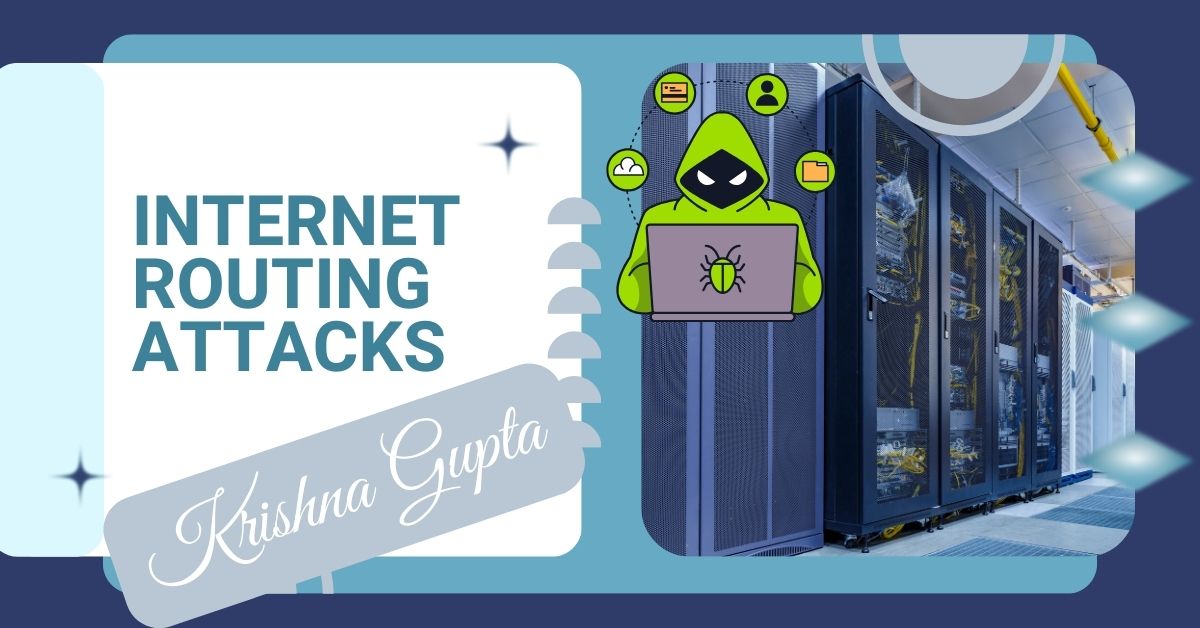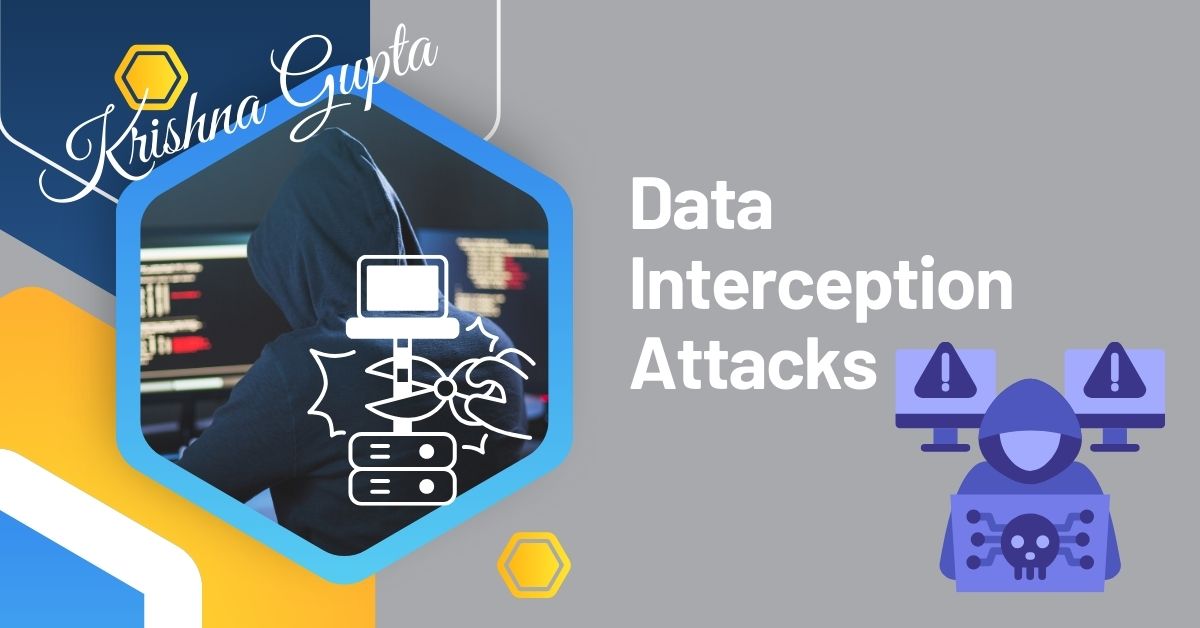Over-the-Air Attacks: Unseen Threats to Wireless Communication and How C-Suite Leaders Can Mitigate Risks
Over-the-Air (OTA) attacks are a category of cyberattacks that exploit wireless communication technologies such as Wi-Fi, Bluetooth, NFC (Near Field Communication), and cellular networks. These attacks can intercept, eavesdrop, or alter data transmitted over these channels, often without the victim’s knowledge.
### **Key Characteristics of OTA Attacks**
1. **Remote Exploitation**: Attackers can operate from a distance, eliminating the need for physical access to the device.
2. **Wide Attack Surface**: The ubiquity of wireless devices in enterprises expands the potential entry points for attackers.
3. **Stealthy Execution**: Many OTA attacks are designed to be undetectable, operating silently in the background.


